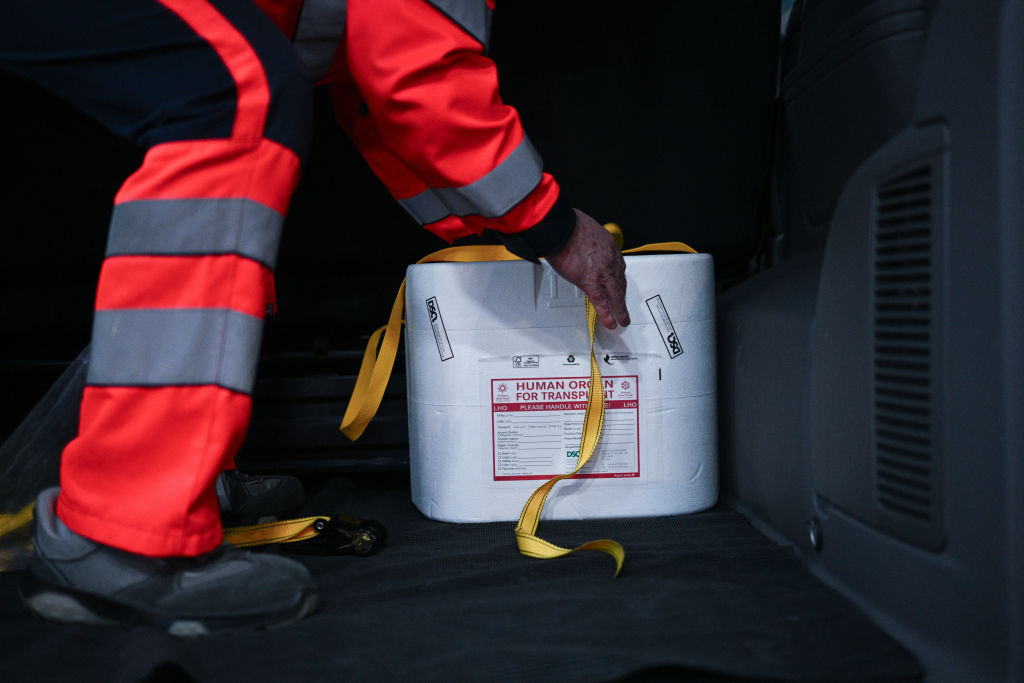Certain transplants safe with hepatitis C infected organs, study finds
Looking at Conor Sullivan today, you would never know he was in organ failure three years ago. A virus attacked the Air Force veteran's heart and he needed a heart transplant.
"Being on the transplant list, it's a constant worry in your mind of when you are going to get the call — if you are going to get the call," he told CBS News.
About a thousand patients die every year waiting for heart or lung transplants because there aren't enough organs available. Doctors at Brigham and Women's Hospital in Boston told Sullivan about research they were doing involving organs infected with the hepatitis C virus.
"I decided it was a good idea because it would allow me to get a heart quicker," Sullivan said.
In the wake of the opioid crisis, more donated organs are infected with the hepatitis C virus and many are declined as a result. But the new approach prevents transplant patients from getting the virus from infected donor hearts and lungs.
A new study shows researchers have been able to prevent transmission of hepatitis C by treating heart and lung transplant patients with antiviral medications.
"We started treatment of these patients as soon as it was safe to do so, within a few hours after transplant," said Dr. Ann Woolley, an infectious disease specialist at Brigham and Women's Hospital.
She says the study of 35 patients had a 100% success rate.
"They had cleared the virus in the majority of the patients within a few days, all by around the two-week mark," Woolley said. "We saw no difference in outcomes in the hepatitis C group compared to the non-hepatitis C group."
After 18 months of waiting, Sullivan finally got his new heart. The 25-year-old is now training to run the Boston Marathon.
"It means a lot to me," he said. "I think I have a lot of people to thank and this will be for them."



